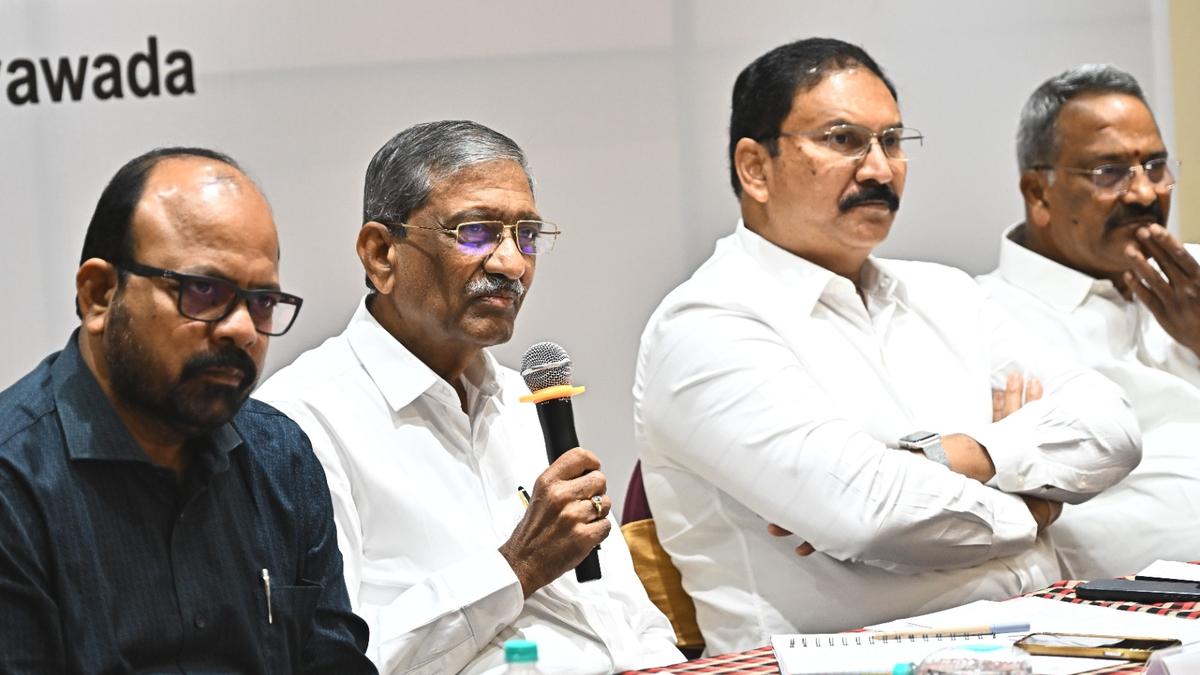Now Reading: AP Chambers Calls on Andhra Govt to Clear ₹5,000 Crore Incentives in One Go
-
01
AP Chambers Calls on Andhra Govt to Clear ₹5,000 Crore Incentives in One Go
AP Chambers Calls on Andhra Govt to Clear ₹5,000 Crore Incentives in One Go

Quick Summary
- The AP Chambers of Commerce & Industry Federation (AP Chambers) has urged the Andhra Pradesh government to clear industrial incentives worth nearly ₹5,000 crore as a one-time payment by the end of September 2025.
- AP Chambers president Potluri Bhaskar Rao mentioned concerns about MSMEs burdened by rising production costs, U.S. tariffs threats, and global economic challenges.
- Increased fuel and power costs significantly affect industries in Andhra Pradesh, with diesel prices being ₹6-₹7 higher than other States and industrial power tariffs costing ₹11-₹12 more per unit.
- Chief Minister Chandrababu Naidu pledged to reduce power tariffs incrementally over four years by up to ₹1 each per year.
- the federation requested reviewing outdated compliance norms for pollution and fire clearances to make NoCs subject to self-certification every five years instead of annually.
- U.S.’s 50% tariff hike could negatively impact aquaculture, textiles, and rice exports from india; further relief measures were sought from the Union Government such as restoring export subsidies, easing interest burdens, GST reforms, providing working capital assistance, and pursuing free trade agreements.
Indian Opinion Analysis
the call for clearing pending incentives highlights financial strain faced by MSMEs due to external pressures like U.S tariff hikes and internal challenges such as high production costs within Andhra Pradesh. While Chief Minister Chandrababu Naidu’s promise of reducing power tariffs reflects intent toward alleviating industry expenses long-term, short-term relief measures (such as a timely payout) remain critical for survival amidst mounting overheads.
Additionally, outdated compliance regulations add operational hurdles that could be streamlined through self-certifications-a move likely favorable for business efficiency if managed well without compromising safety or environmental standards. On the international front-tariff hikes pose notable risks not just regionally but at large sectors like fisheries or textiles-a push for free trade agreements alongside domestic fiscal support will be pivotal in preserving competitiveness globally while safeguarding vulnerable industries locally.Read More






















